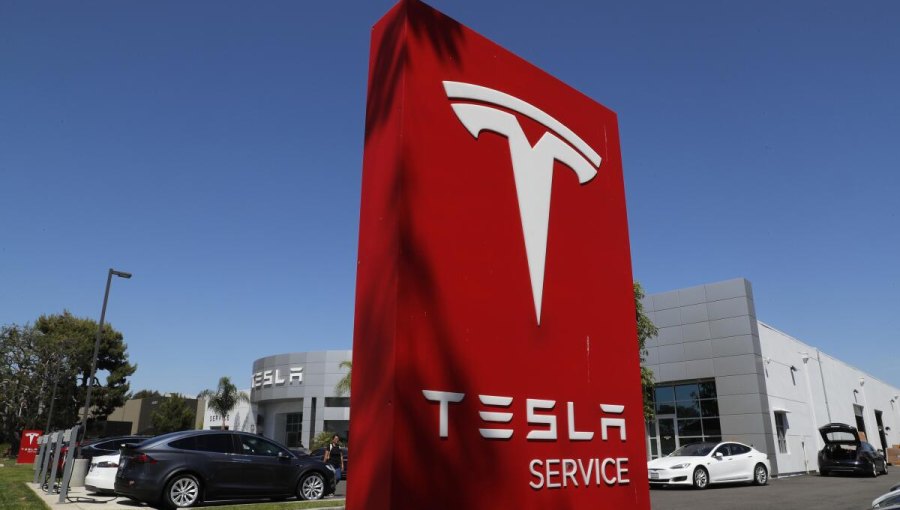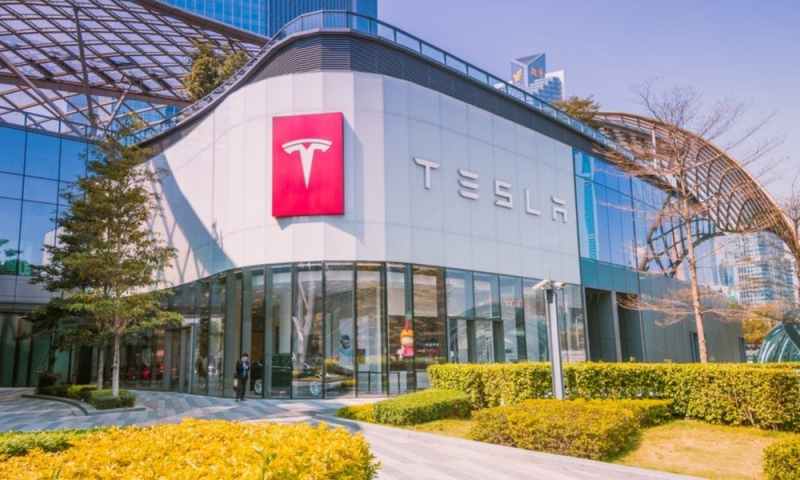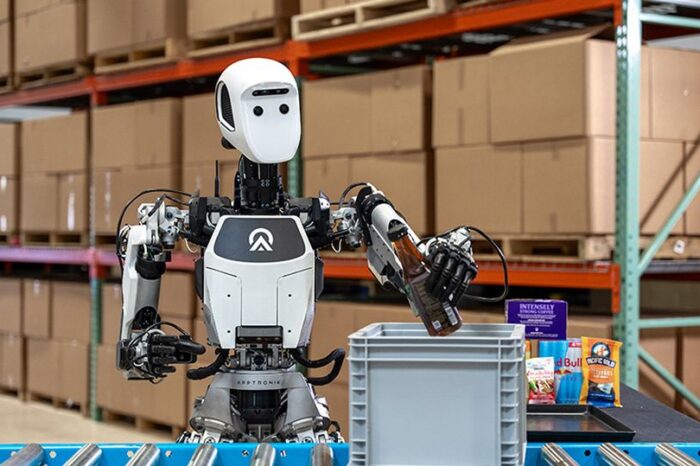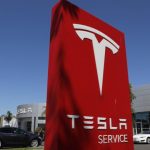Tesla Autopilot Crash Verdict: Tesla Ordered to Pay $242.5M to Victims of Fatal Florida Wreck

A jury in Miami has delivered a major verdict against Tesla, holding the company partly responsible for a fatal 2019 crash involving its Autopilot system. According to a report from CNBC, Tesla has been ordered to pay $242.5 million in damages to the family of 22-year-old Naibel Benavides, who was killed in the crash, and to her boyfriend Dillon Angulo, who survived with life-altering injuries.
The civil trial centered around a Tesla Model S crash in Key Largo, Florida, where the driver, George McGee, was using Tesla’s Enhanced Autopilot when he dropped his phone and leaned down to retrieve it. As he did, the vehicle sped through an intersection at just over 60 miles per hour and plowed into a parked car, striking the two victims who were standing nearby. Benavides was killed on the scene. Angulo suffered broken bones, a traumatic brain injury, and ongoing psychological trauma.
Jury Finds Tesla Partly Liable in Autopilot Crash That Killed 22-Year-Old
The jury found Tesla 33% responsible for the incident, assigning the rest of the blame to the driver. While the compensatory damages totaled $129 million, Tesla’s share comes to about $42.5 million. But the jury went further, hitting Tesla with $200 million in punitive damages—reserved for conduct deemed especially harmful or reckless. Since those damages were assessed solely against the automaker, Tesla could end up paying a total of $242.5 million.
“A jury in Miami has determined that Tesla should be held partly liable for a fatal 2019 Autopilot crash, and must compensate the family of the deceased and an injured survivor a portion of $329 million in damages,” CNBC reported.
Lawyers for the victims argued that Tesla failed to properly restrict the use of Autopilot to highways, where the system was intended to be used, and accused the company of misleading the public through its marketing and Elon Musk’s public statements.
“Tesla designed Autopilot only for controlled access highways yet deliberately chose not to restrict drivers from using it elsewhere, alongside Elon Musk telling the world Autopilot drove better than humans,” said Brett Schreiber, one of the attorneys for the plaintiffs. “Tesla’s lies turned our roads into test tracks for their fundamentally flawed technology, putting everyday Americans like Naibel Benavides and Dillon Angulo in harm’s way.”
Tesla disagreed with the verdict and vowed to appeal.
“Today’s verdict is wrong and only works to set back automotive safety and jeopardize Tesla’s and the entire industry’s efforts to develop and implement life-saving technology,” the company said in a statement to CNBC. “We plan to appeal given the substantial errors of law and irregularities at trial.”
Tesla insisted that the fault lay entirely with the driver. “The evidence has always shown that this driver was solely at fault because he was speeding, with his foot on the accelerator – which overrode Autopilot – as he rummaged for his dropped phone without his eyes on the road,” the company said. “No car in 2019, and none today, would have prevented this crash.”
Still, the verdict lands at a sensitive time for Tesla. Elon Musk has been doubling down on plans to transform Tesla into an autonomous vehicle leader, pushing hard for a future built around self-driving robotaxis. This ruling adds legal and public pressure just as the company tries to convince regulators and investors that its tech is road-ready.
The case is one of about a dozen active lawsuits targeting Tesla’s Autopilot or Full Self-Driving systems in fatal or serious crashes. And while Tesla claims its driver-assist features make roads safer, critics point to cases like this to argue the technology isn’t ready—and that the marketing sends mixed signals to drivers.
Regulators have been paying attention. The National Highway Traffic Safety Administration began investigating Autopilot in 2021 after multiple crashes, particularly those involving stopped emergency vehicles. Tesla has since issued software updates and a “recall remedy,” but the agency is still reviewing whether those fixes addressed the risks. NHTSA has also warned Tesla that some of its social media posts could mislead consumers about what Autopilot can actually do.
Meanwhile, a site that tracks Tesla-related crashes, TeslaDeaths.com, has counted at least 58 deaths involving Autopilot prior to impact.
According to TeslaDeaths.com, there have been a total of 713 reported deaths involving Tesla vehicles, including 58 fatalities linked to the use of Autopilot, 2 of which occurred while Full Self-Driving (FSD) was engaged.
Tesla’s stock slipped 1.8% following the verdict. Shares are down about 25% so far this year, the steepest drop among major tech companies.
The company’s legal team will now prepare for the appeal. But for the victims’ families, the jury’s decision has already delivered a measure of accountability they’ve been seeking for years.





